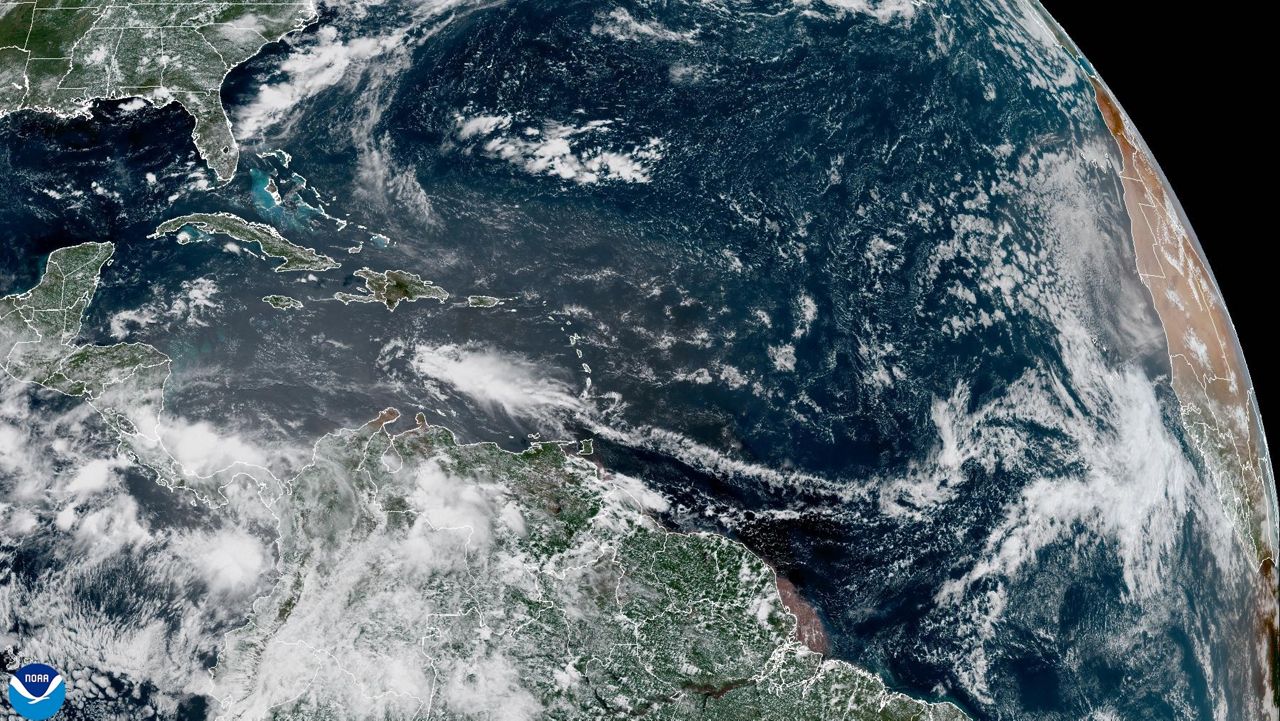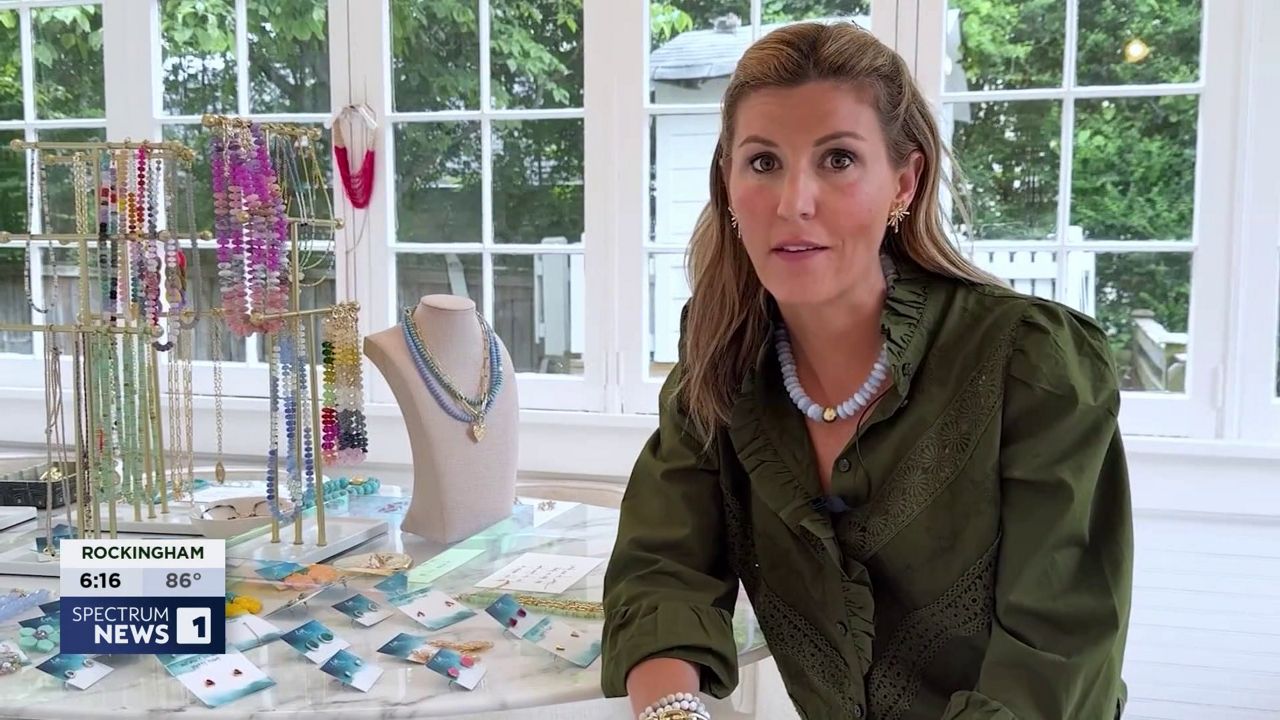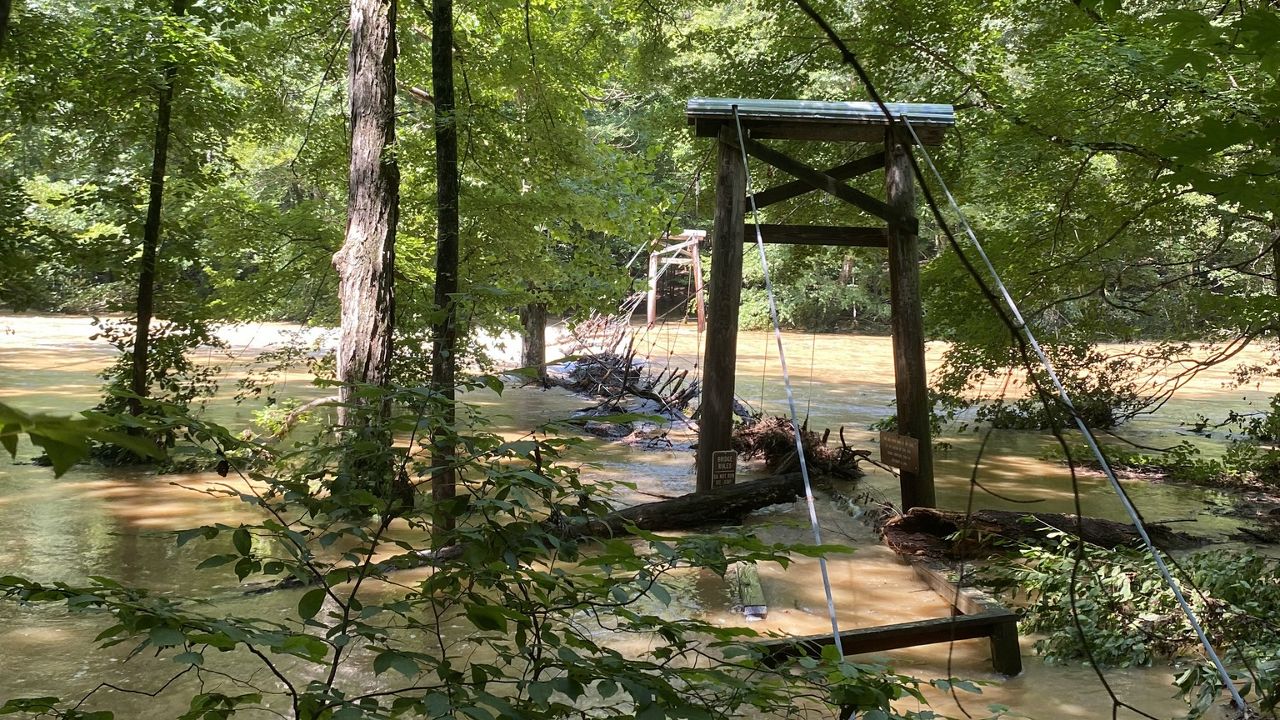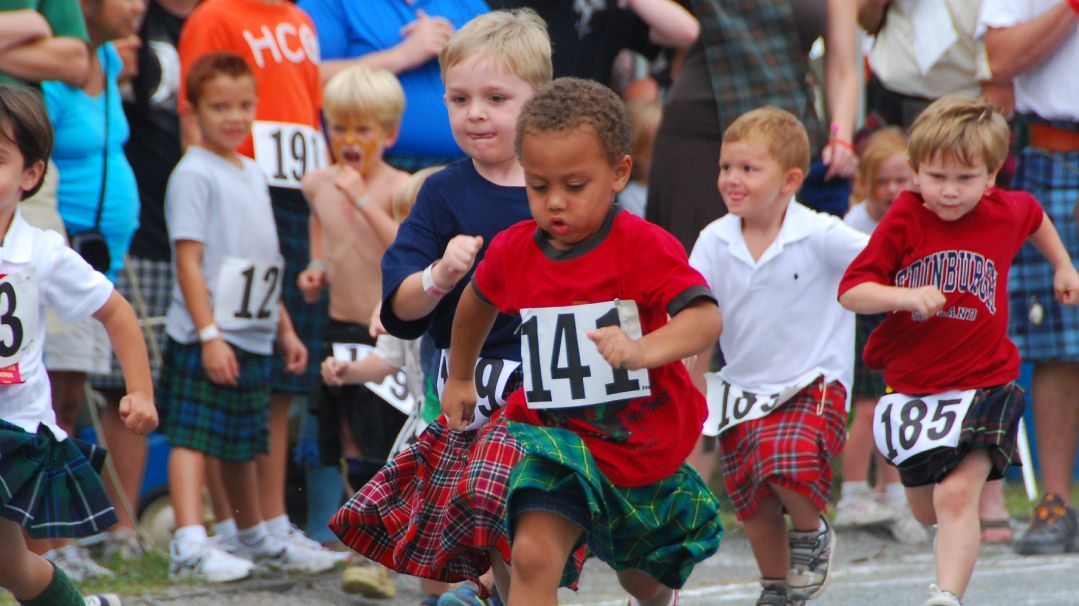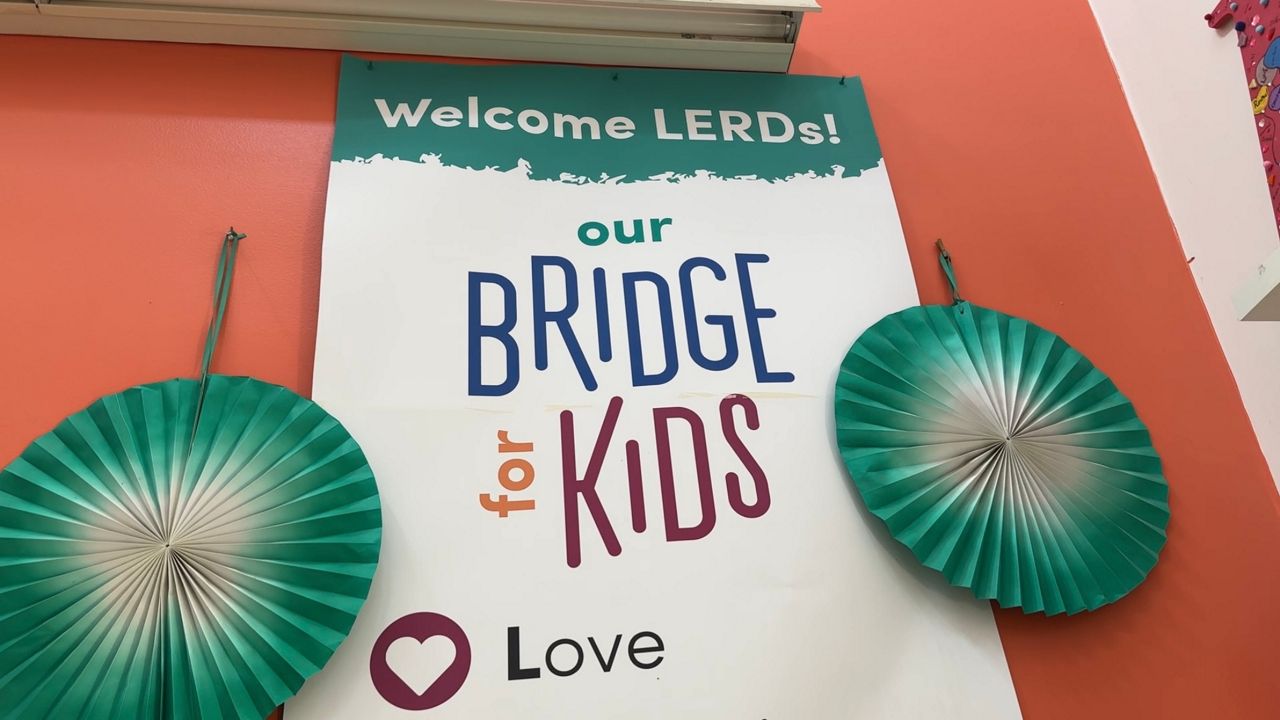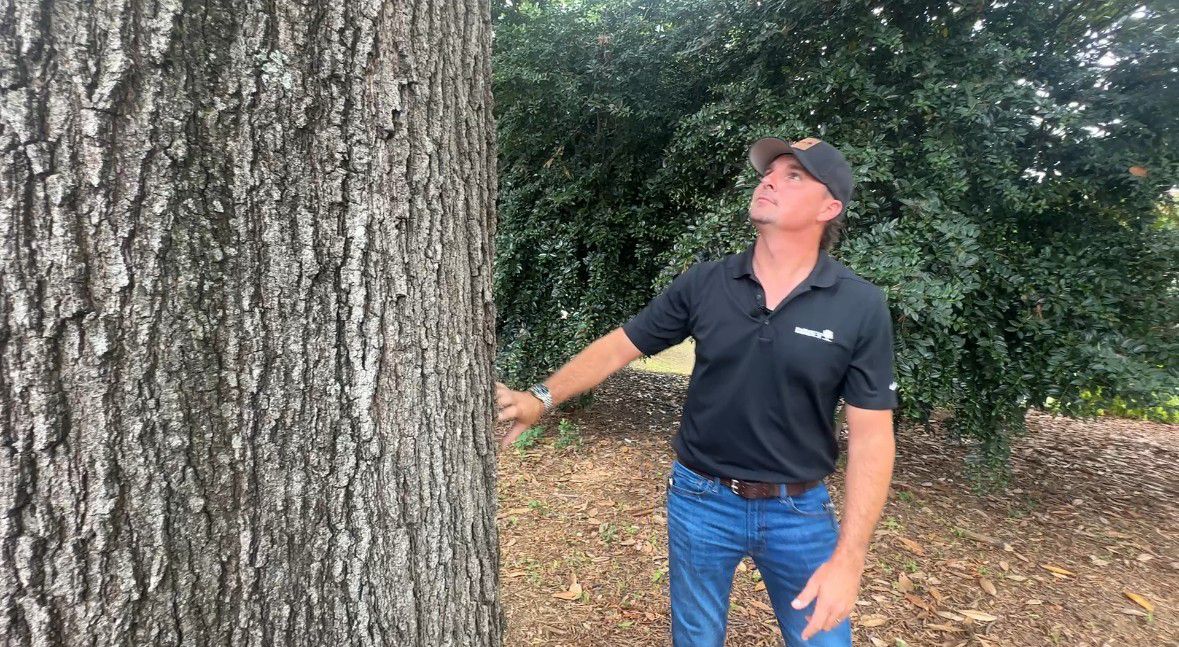CHARLOTTE, N.C. — Five years ago, on May 29, Kristie Puckett drove out to Beatties Ford Road in Charlotte where people gathered to protest the murder of George Floyd.
“Maybe two or three minutes after I came, I saw riot officers coming out,” Puckett said.
Puckett is an activist, lobbyist and campaign manager who was asked to help settle the crowd.
“We’re out here y’all. We’re just trying to make sure that everybody stays safe,” Puckett said in a video she recorded on that day.
Days later, on June 2 of 2020, a controversial protest in Uptown Charlotte happened, where protesters were kettled and tear gassed.
“It was horrific, to do that to anyone. That is banned in the military, but you are using it on tax paying citizens who are simply upset about the continued use of police violence on Black, brown and disempowered bodies,” Puckett said.
Several organizations reached a four-year settlement with the City of Charlotte and the Charlotte-Mecklenburg Police Department to change police policies.
The policy agreement includes a ban on CS tear gas during protests, a ban on chemical weapons to kettle protesters, prohibiting officers from directing pepper balls at protesters' necks and heads, providing protesters with a reasonable time to disperse, including loud and clean broadcasting in English and Spanish languages, dispersal orders needing a slated timeframe and include two unobstructed egress routes.
Spectrum News 1 reached out to CMPD and the City of Charlotte for comments.
CMPD said: “The Charlotte-Mecklenburg Police Department’s (CMPD) existing crowd control policies and practices reflect our long-standing commitment to de-escalation and professional accountability. These protocols have guided our approach for years and will continue to do so. CMPD remains dedicated to serving our community through the same proactive policing strategies and community partnerships that define our daily work.”
Puckett says the state has also responded to the protests in 2020.
“It has increased the criminal penalties, around protesting to the point where we see that people’s desires to protest has been chilled. That was the intended impact, and that is what has happened,” Puckett said.
Another activist who took part in those protests had a similar story.
Mario Black’s presence was felt while protesting the 2020 murder of George Floyd.
“George Floyd wasn’t the first, and unfortunately hadn’t been the last either, but in that timeframe, people were tired,” he said.
As protests in Charlotte started to turn violent, the founder of nonprofit Million Youth march Made it his mission to bring peace to them.
“We had a lot of young people out here during the protests. We felt the need to come out here to allow them to express themselves, but do it in a respectful manner,” he said.
There's a class action lawsuit currently against the City of Charlotte and CMPD for damages and injuries on that same night.
“A lot of us had a lot of trauma and were in therapy for years regarding this brutality,” Puckett said of the night.
She says she hopes this lawsuit helps aid continued healing in Charlotte.
“My hope is that we continue to do the deep work that is required to heal. Healing is not a destination; it is a journey,” Puckett said. “We need them to acknowledge that they did harm, and that they would do things differently, because that’s what accountability is,” Puckett said.
Spectrum News 1 reached out to CMPD and the City of Charlotte for a comment about the pending litigation, but did not hear back in time for this report.






